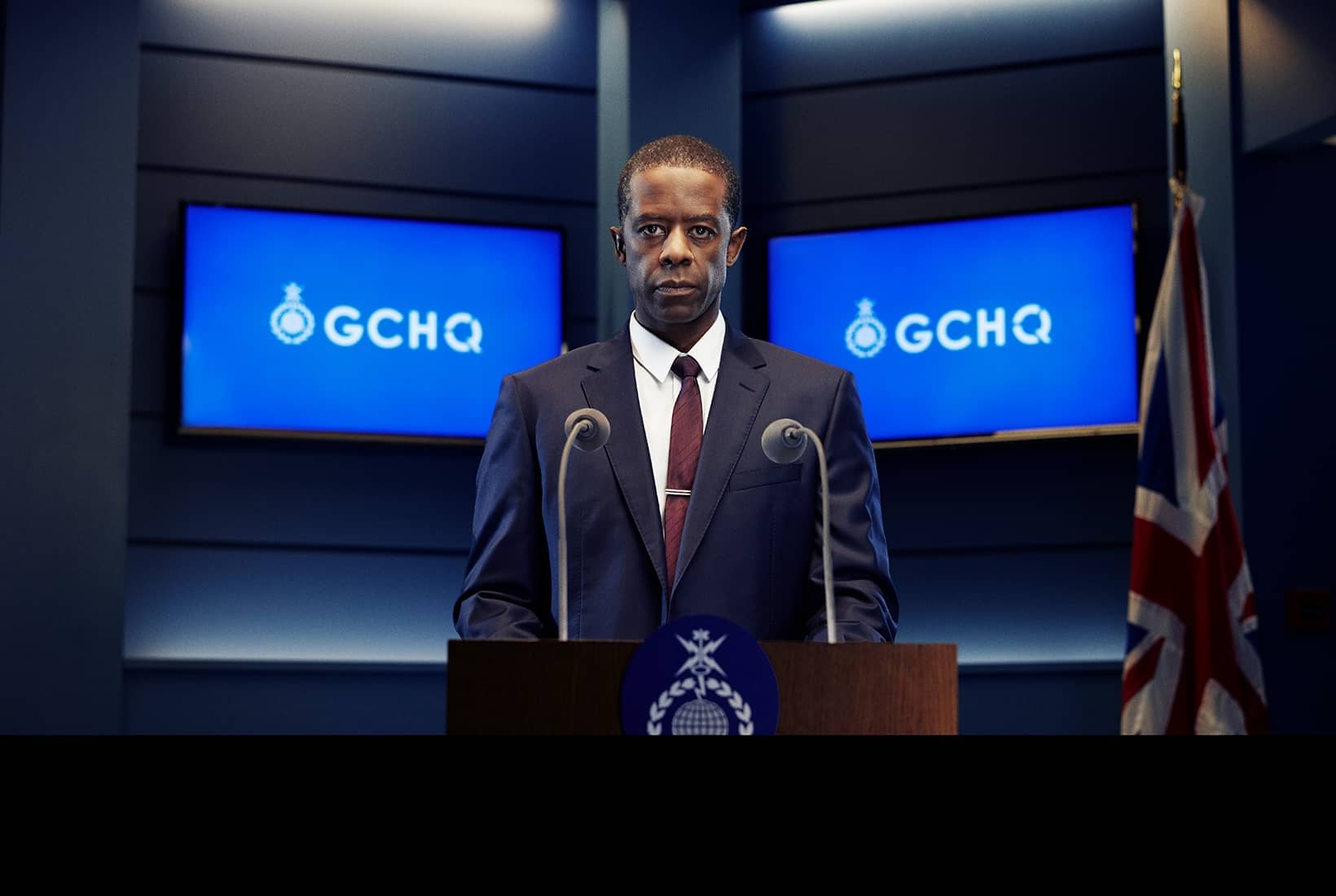The Undeclared War has many of the traditional signifiers of a classy thriller: the assiduous letter-by-letter captioning of every location; the weirdly precise time-checks (‘Sunday 09.47’); above all, the frankly baffling opening scene. In it, a young woman walked around a deserted fairground, broke into a beach hut that turned into a gym and spotted a door in the ceiling which led into a stately home.
Gradually, the fact that the first episode interspersed this with the same woman typing computer code made it clear what was going on: writer/director Peter Kosminsky was making a plucky attempt to solve his main challenge here. Never afraid of a big issue, Kosminsky has previously tackled the invasion of Iraq (The Government Inspector), British Isis volunteers (The State) and the postwar history of Palestine (The Promise). Now he takes on cyber warfare, which has the rare property of being both terrifying and undramatic, with much of the action consisting of people doing advanced computer science. Hence his decision to give their keyboard-tapping external metaphorical form.
Missing is Boris Johnson, overthrown 15 months before by a junior minister who’s now Britain’s first black PM
This can sometimes be over-literal, in a way that might remind older viewers of Legs & Co. routines on Top of the Pops. (At one point, the coded obstruction that programmers call ‘garbage’ was represented by some garbage.) Nonetheless, it does sort of work visually – as well as offering variation from the many scenes where people stare aghast at a string of numbers while scary music plays.
But even if The Undeclared War doesn’t quite solve the central problem its subject poses, the subject itself is still a powerfully intriguing one. I also suspect I’m not the only viewer left feeling distinctly naive that I didn’t really know about it before – and distinctly unsettled now that I do.









Comments
Join the debate for just £1 a month
Be part of the conversation with other Spectator readers by getting your first three months for £3.
UNLOCK ACCESS Just £1 a monthAlready a subscriber? Log in